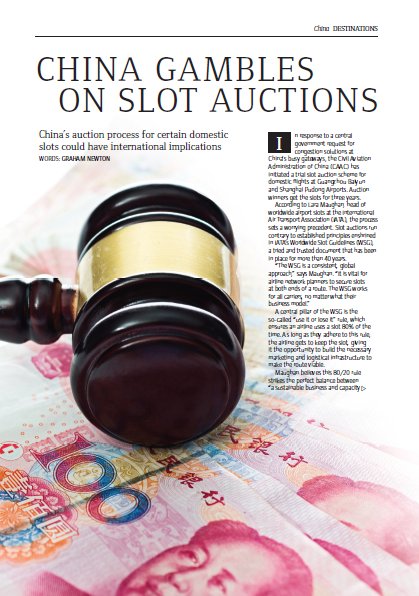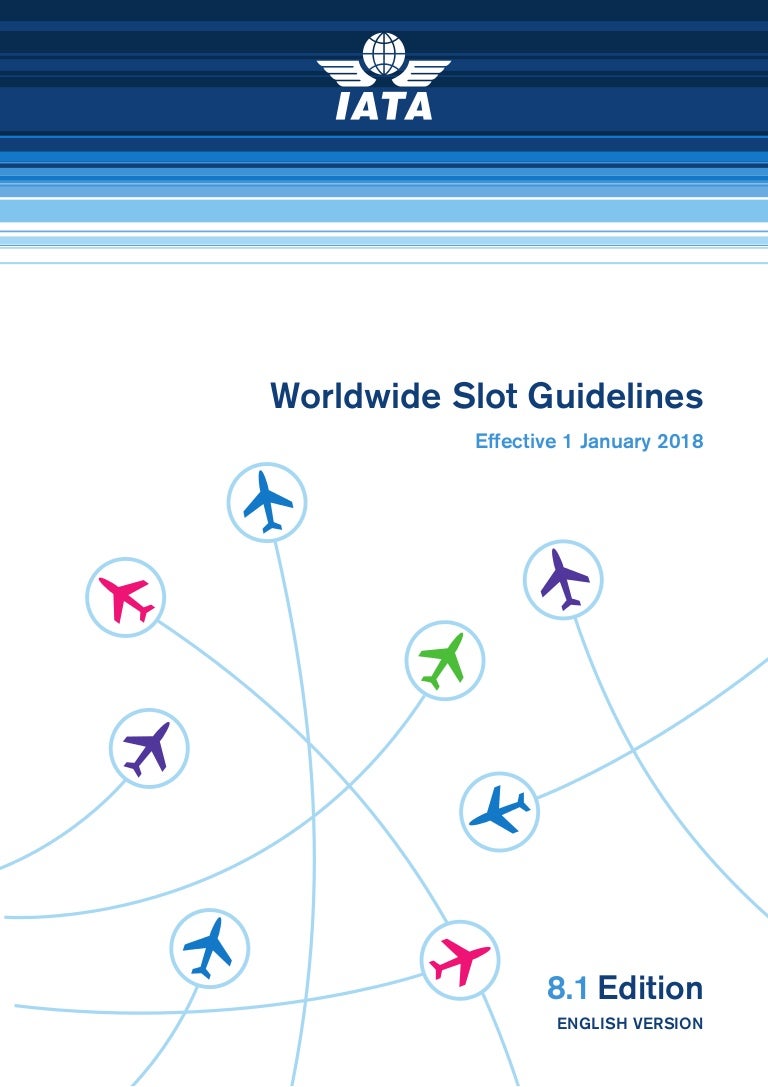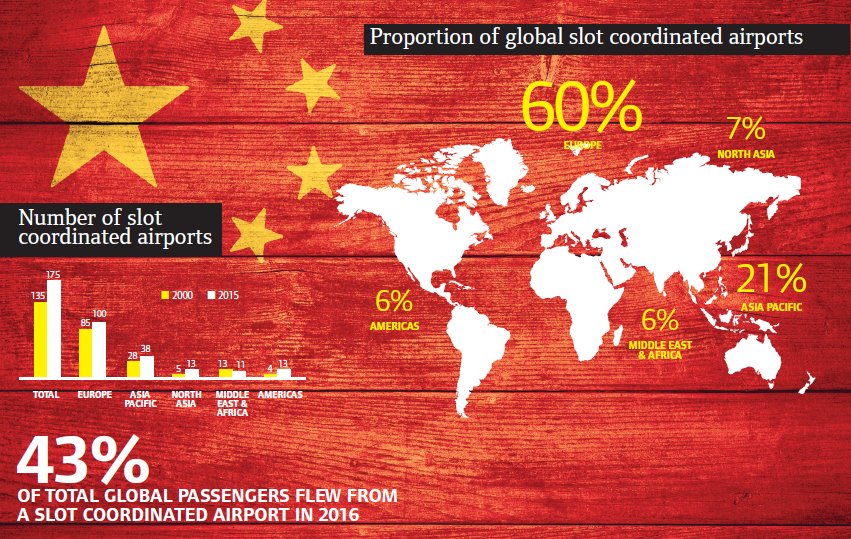Wsg Slot Guidelines



Skills support programme by Prudential Singapore and SkillsFuture Singapore to accelerate SMEs' business transformation and growth. Singapore, 30 November 2020 – Small and medium-sized enterprises (SMEs) will get more support to equip themselves with the necessary skills to further grow their business under Prudential Singapore’s (“Prudential”) SME Skills Accelerator (SSA) programme. SLOT GUIDELINES (WASG) The WASG is organized and presented in a way to allow easy access to the policies, principles and processes that support the allocation and management of airport slots at congested airports worldwide. Forty years ago, recognizing the imminent challenge of restrictions to airport slots capacity, the Worldwide Slots Guidelines (WSG) were created. The guidelines have been published and administered by the International Air Transport Association (IATA) and largely implemented by slot coordinators at local level.
Wsg Slot Guidelines List

Wsg Slot Guidelines 2019

Authors: Hanna Schebesta and Giovanni Sartor
European University Institute
Wsg Slot Guidelines 2020
Abstract: This case study explores the Worldwide Slot Guidelines (WSG), which represent a set of agreements made under the auspices of the International Air Transport Association (IATA) in order to allocate airport capacity. The right to use airport capacity for the purpose of takeoff and landing operations at airports is commonly called slots, with each airport having a finite amount of airport capacity. Thus, the slot allocation process is one of resource management: the WSG were developed as a global industry standard to address a key constraint in the aviation domain. The actual process of slot allocation is complex and involves organizations and stakeholders at multiple levels, all falling under the umbrella of IATA, a trade association representing 240 airlines. It designates particularly congested airports, creates roles of airport coordinators, and establishes management principles for slot allocation. Because they manage a valuable economic resource, the transparency and independence of coordinators is of particular concern: this has resulted in the institutionalization of a negotiating process to ensure accountability among key stakeholders. Through an examination of the history and key points of change in the process, the WSG case presents an example of private sector coordinated resource management.



